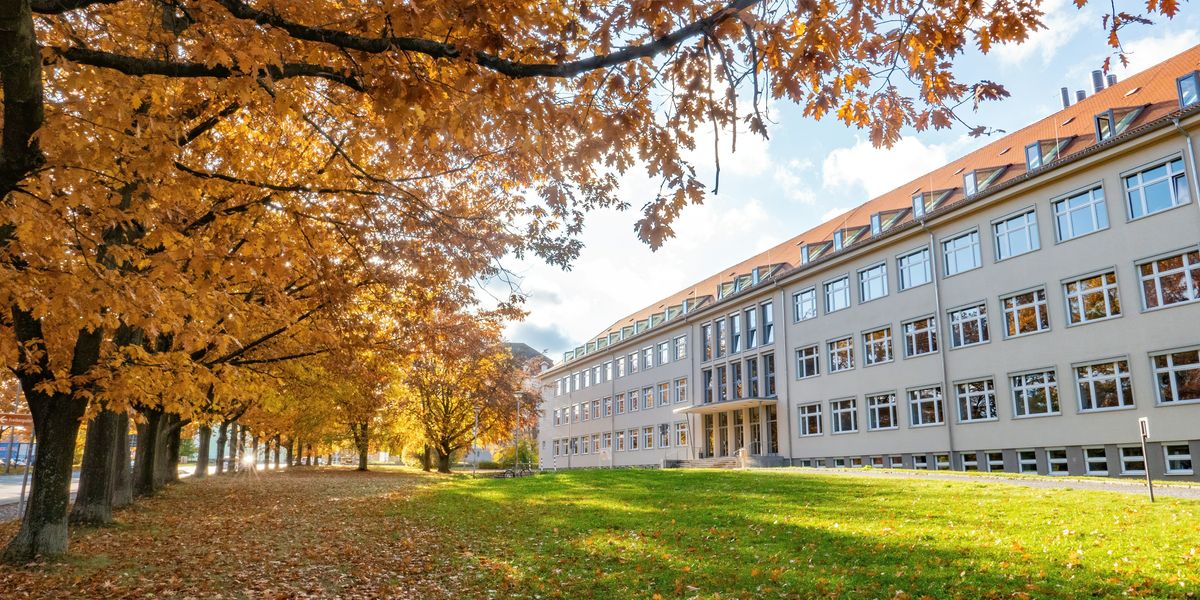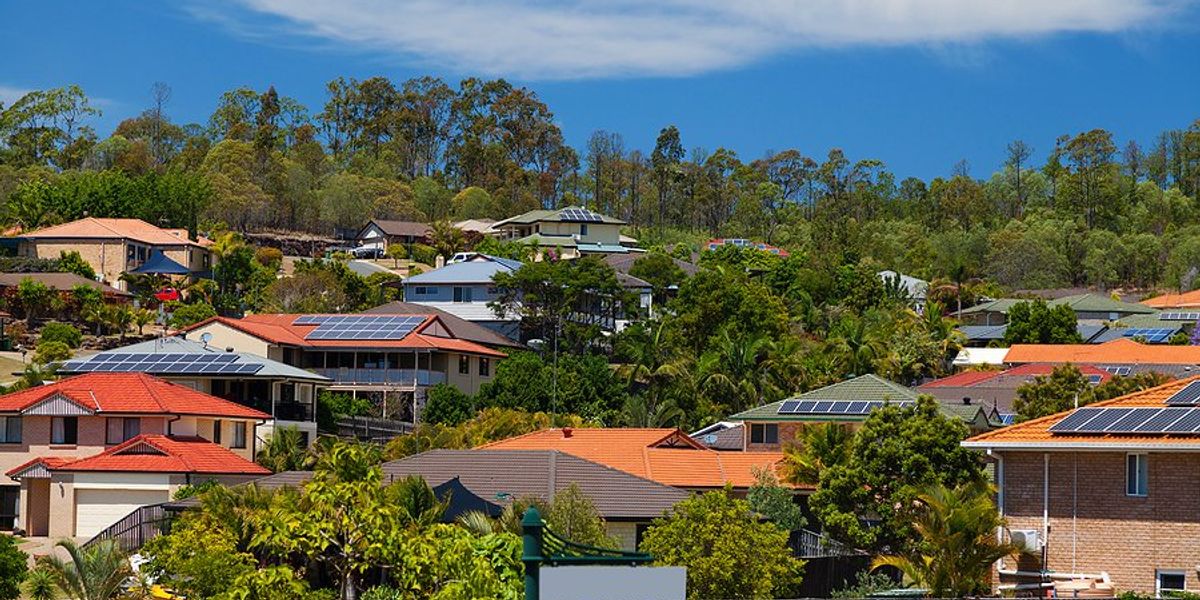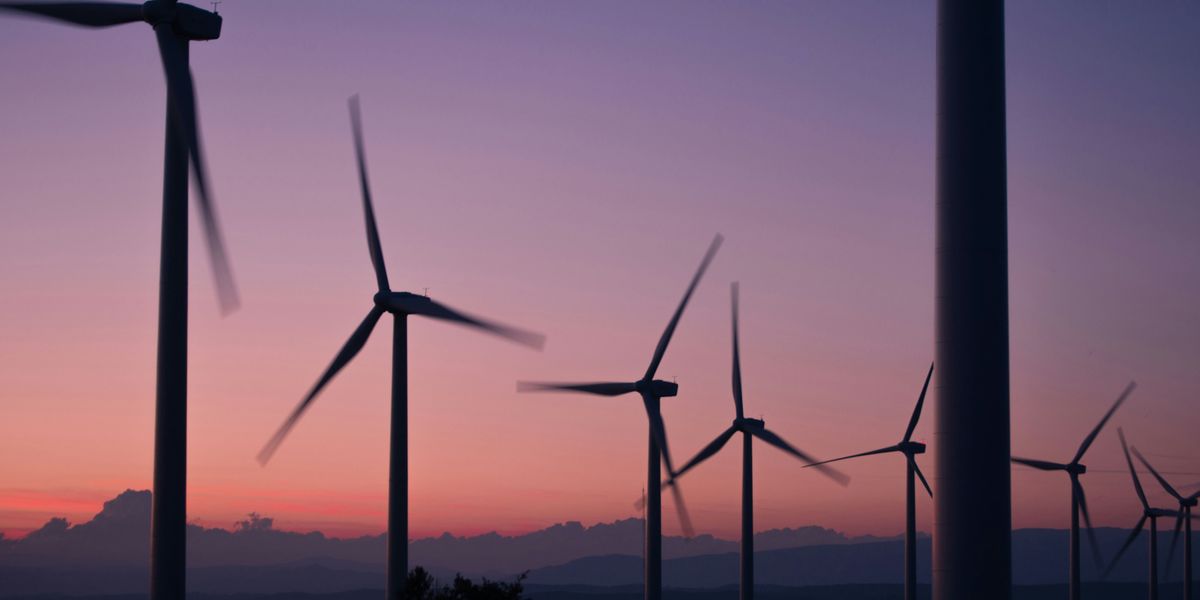boreal forests
Canada’s 2023 wildfires released more carbon than nearly all countries
Wildfires that burned through Canada’s boreal forests in 2023 emitted more carbon dioxide than most countries, raising concerns about the future of global carbon storage.
In short:
- The 2023 Canadian wildfires emitted more carbon than all but three countries, complicating climate models.
- Boreal forests, vital for carbon storage, may no longer regrow as they used to due to frequent intense fires.
- Extreme weather, driven by climate change, is making catastrophic wildfires like these more common.
Key quote:
“These so-called flash droughts can really change things rapidly. It dried up real quick, real quick, and then you had lightning at the absolute worst time imaginable.”
— Marc-André Parisien, senior researcher, Canadian Forest Service
Why this matters:
As climate change accelerates, forests that once absorbed carbon may now contribute to global warming. This shift could worsen climate predictions, making it harder to limit global temperature rise.
Related EHN coverage:
Boreal forests struggle to recover from frequent fires
Canada's boreal forests, crucial carbon storage ecosystems, are struggling to recover from increasingly frequent wildfires exacerbated by climate change.
In short:
- Boreal forests evolved to burn every century, but climate change has increased the frequency of fires, challenging tree regeneration, especially for black spruce.
- Last year’s fires burned a forest area the size of the Netherlands, affecting carbon storage, as burned trees release carbon dioxide into the atmosphere.
- Indigenous communities like the Dene are experiencing the effects, pushing for greater involvement in fire management policies to protect their lands.
Key quote:
“The entire bloody country was hot and dry at the same time (...) If you would have told me that a few years ago, I’d be like no, that doesn’t really make sense.”
— Marc-André Parisien, a senior researcher at the Canadian Forest Service.
Why this matters:
As fires increase in frequency, forests struggle to regrow, releasing more carbon dioxide into the atmosphere and accelerating climate change. The loss of black spruce and other trees threatens biodiversity, impacts Indigenous livelihoods and contributes to more severe global warming effects.
Canada’s boreal forests badly damaged by logging
Wildfires in northern forests broke carbon emissions records in 2021
Boreal forests store huge amounts of carbon, but the warming and drying climate is leading them to burn bigger, hotter and more frequently.



















